Syrian President Ahmed al-Sharaa is set to hold talks with his US counterpart at the White House on Monday, less than a year after he toppled his country’s longtime autocrat and ended 50 years of Assad family rule. The historic visit – the first by a Syrian president since independence in 1946 – caps a stunning 12 months for the rebel-turned-leader, who served five years in a US jail in Iraq before going on to lead an al Qaeda offshoot in Syria with a $10 million US bounty on his head.
Sharaa's visit comes just days after he was taken off Washington’s global terrorism blacklist and after the UN Security Council voted to remove sanctions targeting him. He is set to push for US support in rebuilding Syria and for an end to all remaining sanctions on its war-ravaged economy, a move that would require the approval of both Trump and Congress.
To display this content from YouTube, you must enable advertisement tracking and audience measurement.
One of your browser extensions seems to be blocking the video player from loading. To watch this content, you may need to disable it on this site.
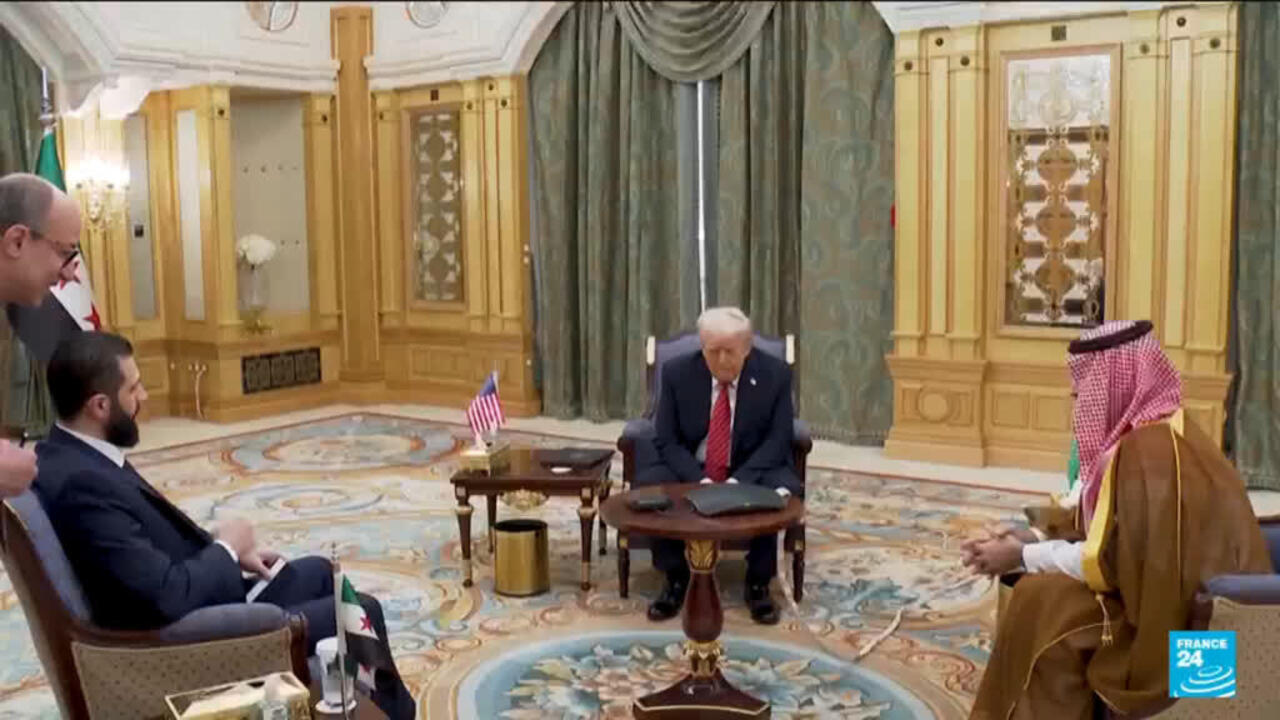
01:57
Analysts say Sharaa may sign an agreement to join the US-led coalition fighting the Islamic State (IS) group in Syria following his talks with Trump, as he seeks to bolster security in a country awash with weapons and rife with sectarian tensions. The two leaders are also expected to tackle the thorny subjects of relations with Israel and the stand-off in the occupied Golan Heights, where Israeli forces moved deeper into Syrian territory following the fall of former president Bashar al-Assad.
For insight on the historic nature of the visit and the geopolitical issues at stake, FRANCE 24 spoke to Roula Merhej, a Middle East expert and columnist at French weekly Géostratégie Magazine.
FRANCE 24: What are the main objectives of Sharaa’s visit and what is Trump hoping to achieve?
Roula Merhej: Sharaa's core objective is the permanent repeal of international sanctions imposed on Syria during the Assad regime, in line with discussions that began when he first met Trump in Saudi Arabia in May 2025. Syria aims to begin its economic reconstruction without being hindered by the Caesar Act (a 2020 US law that imposed severe sanctions on any entity cooperating with the Assad regime). Another purpose of the visit is to combat terrorism and ratify Syria's membership in the international coalition fighting the Islamic State group.
The concessions that Trump is expecting in return include bringing Syria into the Abraham Accords, the expulsion of foreign terrorist factions – including Palestinian ones – and Syria's commitment to prevent any resurgence of the IS group on its soil. Washington wants to see lasting stability in the region through the elimination of armed groups, limited federalism in Syria to guarantee its unity, as well as a safe environment for investments.
What role can Syria play in the reconfiguration of the Middle East? And could it go so far as to cede the Golan Heights to Israel?
As former US secretary of state Henry Kissinger once said, "You can’t make war in the Middle East without Egypt, and you can’t make peace without Syria." While under Iranian influence, Syria has long been at the heart of regional rivalries within a broader ideological clash between Shiites and Sunnis. The fall of the Assad regime has led to the collapse of the Iran-Russia axis. Syria has now emerged as both a strategic energy corridor for the United States and a testing ground for regional players such as Israel and Turkey to assert their military power. This is where the main challenge for the new Syrian regime lies.
Damascus has little choice. Israel has indicated that there can be no agreement without Syrian recognition of its annexation of the Golan Heights. Sharaa may be forced to give in to ensure his country's economic survival. Washington has been very clear on this subject: the lifting of sanctions and reconstruction aid are conditional on Syria signing up to the Abraham Accords.
Read moreSyrians in the Golan Heights refuse to leave ‘in exchange for peace' with Israel
After more than fifty years of authoritarian rule and fourteen years of civil war, the Syrian population is exhausted and more interested in economic stability than nationalist rhetoric. It is likely that the Syrian president will maintain a firm public stance while negotiating a compromise behind the scenes. To avoid a public outcry, a de facto acceptance of the loss of the Golan Heights could be presented as a "stabilisation agreement" comparable to that of 1974 (the 1974 Agreement on Disengagement provided for a ceasefire in the Golan Heights under the supervision of a UN peacekeeping force. Following Assad’s fall last year, Israel deemed the agreement “null and void” and moved its forces deeper into Syrian territory). Only once Syria is back in the international fold and receiving massive economic aid could its accession to the Abraham Accords be formalised.
What economic opportunities can a war-ravaged Syria offer the US?
Washington aims to secure new energy routes linking the Persian Gulf to the Mediterranean via Syria, thus bypassing Iran and Russia. A network of gas pipelines crossing Turkey would bolster supply to Europe while placing Syria at the heart of a strategic corridor under American influence. Meanwhile, the gradual lifting of sanctions would pave the way for significant Western investment in Syria. Washington would thus control regional trade routes and consolidate its position vis-à-vis Iran and Russia while also integrating Syria within its broader strategy against China. The Middle East has renewed geopolitical relevance for the US, which is repositioning itself in the region. As part of the Abraham Accords, there is talk of establishing a US air base on Syrian territory, strengthening Washington's strategic presence.
To display this content from YouTube, you must enable advertisement tracking and audience measurement.
One of your browser extensions seems to be blocking the video player from loading. To watch this content, you may need to disable it on this site.
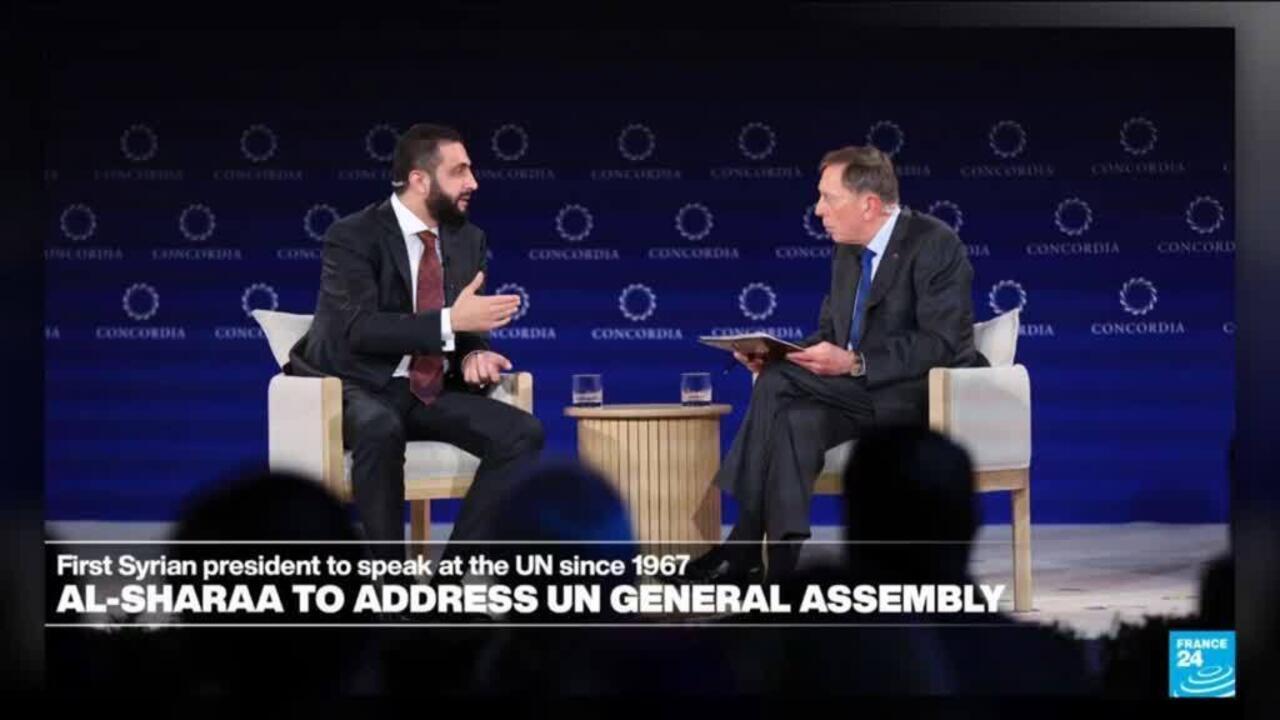
09:55
How can the new Syrian regime satisfy Israel, Qatar and Turkey all at once, when their interests appear so divergent?
In reality, Israel, Qatar and Turkey now share a tacit objective: the return of Sunni influence in a region long dominated by the Iran-led Shia axis. The three countries also agree on the Kurdish question: none of them wants to see the emergence of an independent Kurdish entity. Turkey, an early ally of the Hayat Tahrir al-Sham movement, will never accept Kurdish autonomy in Syria (Sharaa founded the Hayat Tahrir al-Sham rebel movement in 2017 after breaking with al Qaeda). Israel, for its part, prefers a centralised and stable Syrian state to a fragmented territory vulnerable to Iranian influence. Qatar, ideologically close to Turkey in its political support for Sunni Islam, acts largely in concert with Ankara while financing regional energy projects. Thus, far from being divergent, the interests of these three actors are actually aligned with the reconstruction of a post-Iranian Middle East that is economically integrated and militarily supervised by the US.
How do you see Syria's economic situation developing over the coming years?
The World Bank estimates that the cost of rebuilding Syria will exceed $216 billion. This reconstruction will take place under close foreign supervision, by zones of influence and by sector. Agreements have already been signed with the United Arab Emirates for the management of Syria’s seaports, while CMA-CGM (a French shipping company) has secured a €230 million concession for a container terminal in Latakia. Syria has also signed a $7 billion agreement in the energy sector with a consortium of Qatari, Turkish and US firms. The country will thus be almost totally economically dependent on these partners over the next five to six years.
Historically, world powers have always redrawn the map of the Middle East. This new phase will be no exception. But the reconstruction of Syria will also have to contend with the risks of internal fragmentation and tensions between communities. Sharaa will have to maintain a delicate balance between restoring confidence, avoiding sectarian clashes and taking a hard line on corruption.
Will Russia be allowed to keep its naval bases in Tartus?
The Russian naval bases in Tartus were a key strategic asset for Moscow; a treaty signed under Assad in 2017 extended their lease for 49 years. However, Syria's new authorities have terminated this agreement. During his visit to Moscow last October, Sharaa also requested the cancellation of debts incurred under Assad and the return of funds embezzled by the former regime – of which key members, including Assad, have found refuge in Russia.
Read moreSyria's Sharaa tells Putin he wants to 'redefine' Russia ties on Moscow visit
This article was translated from the French original by Benjamin Dodman.




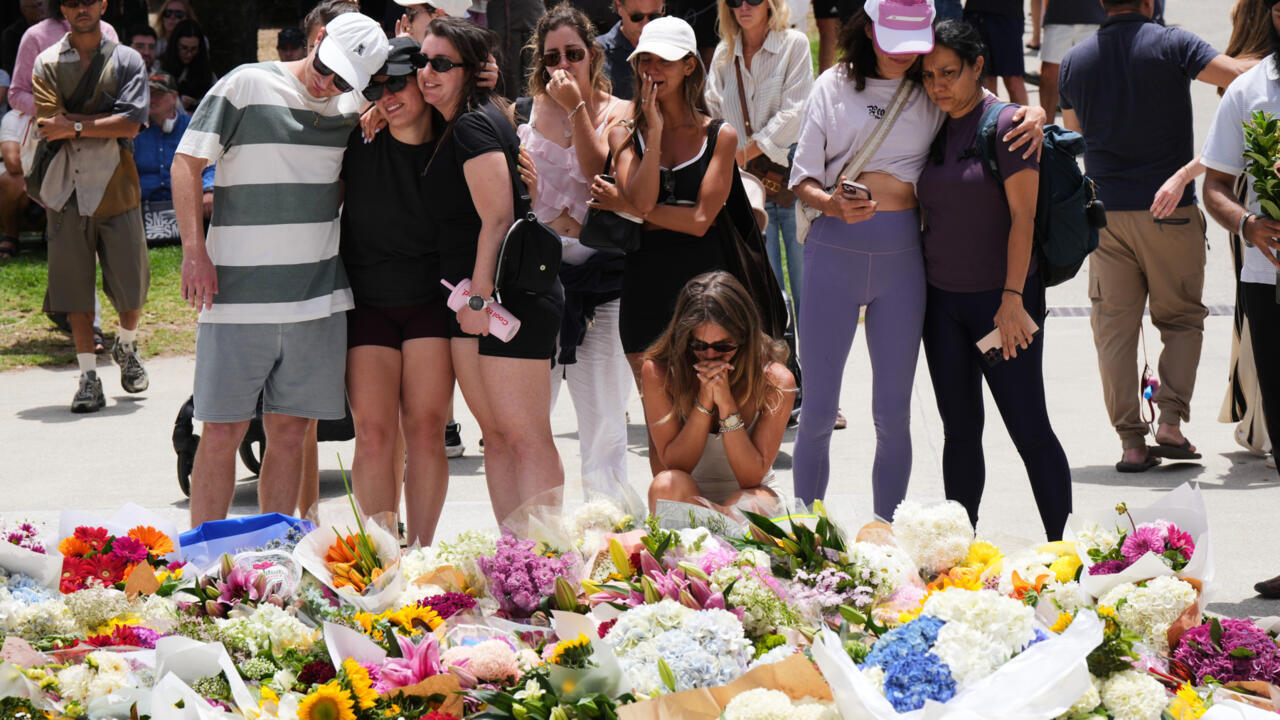
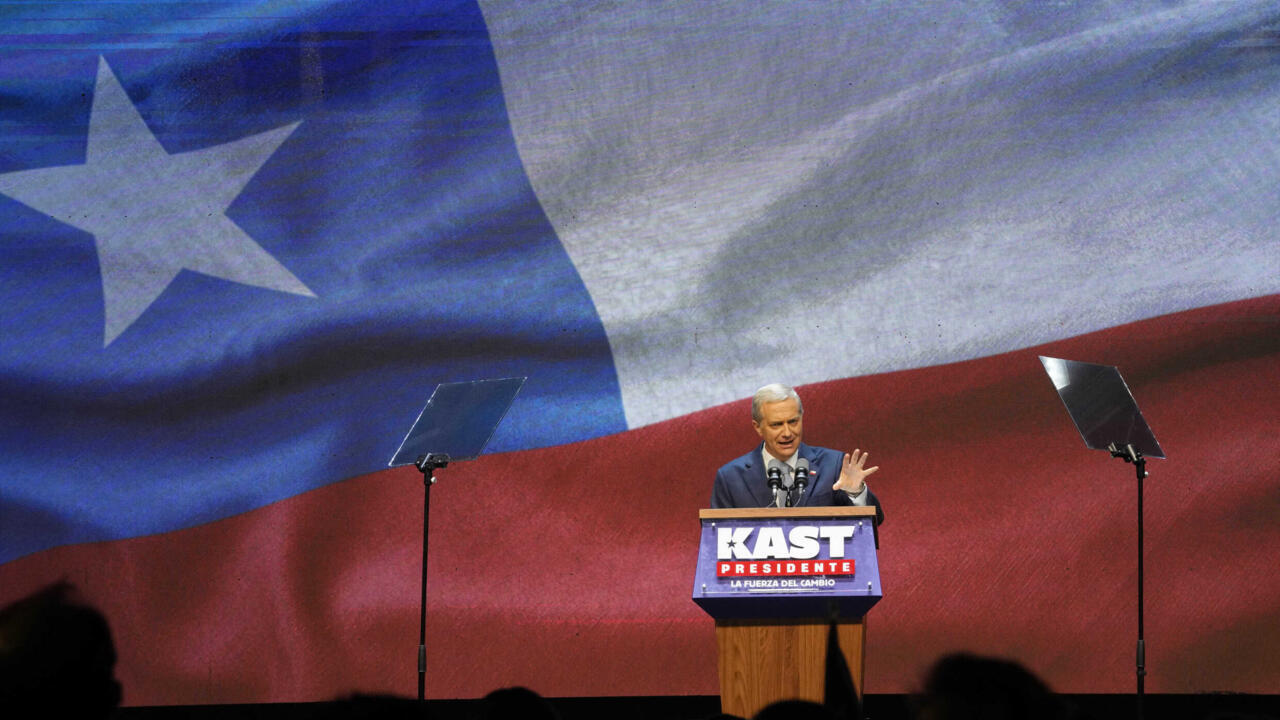


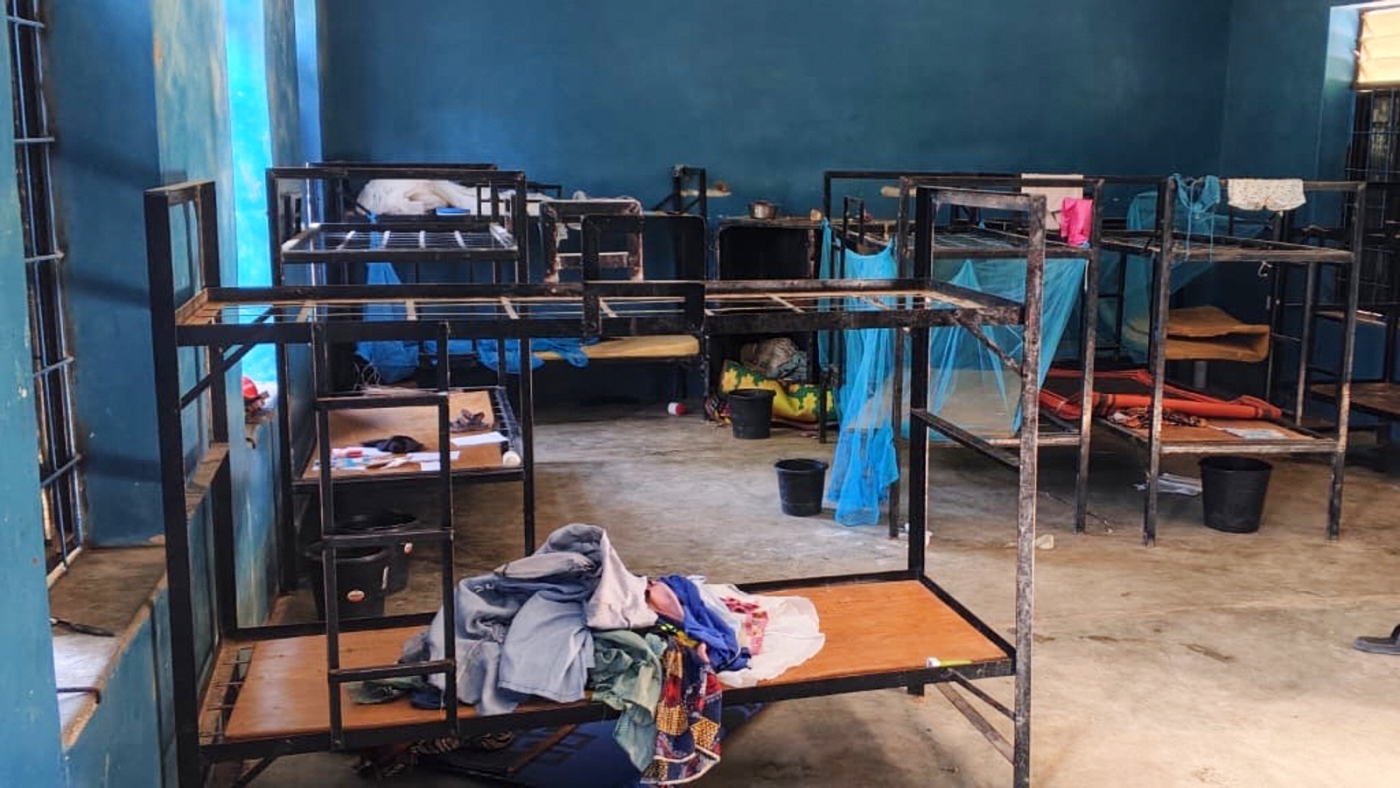


 English (US) ·
English (US) ·